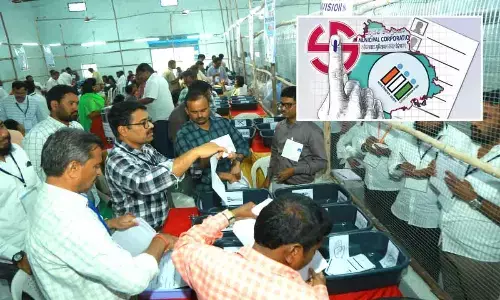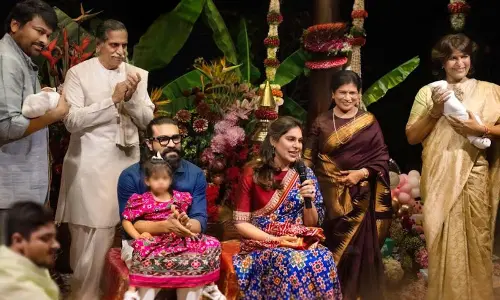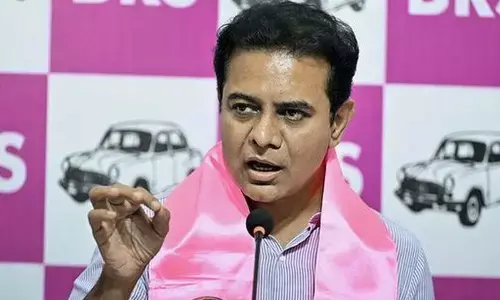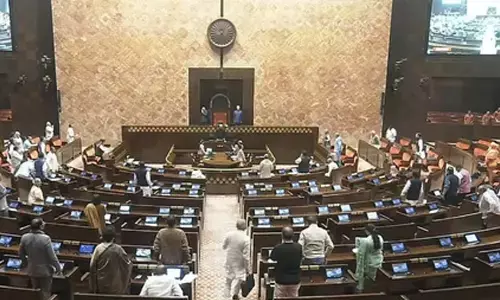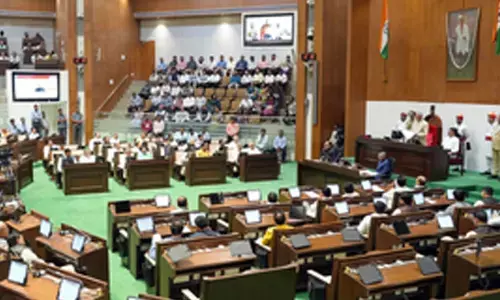Talking through difficult conversations
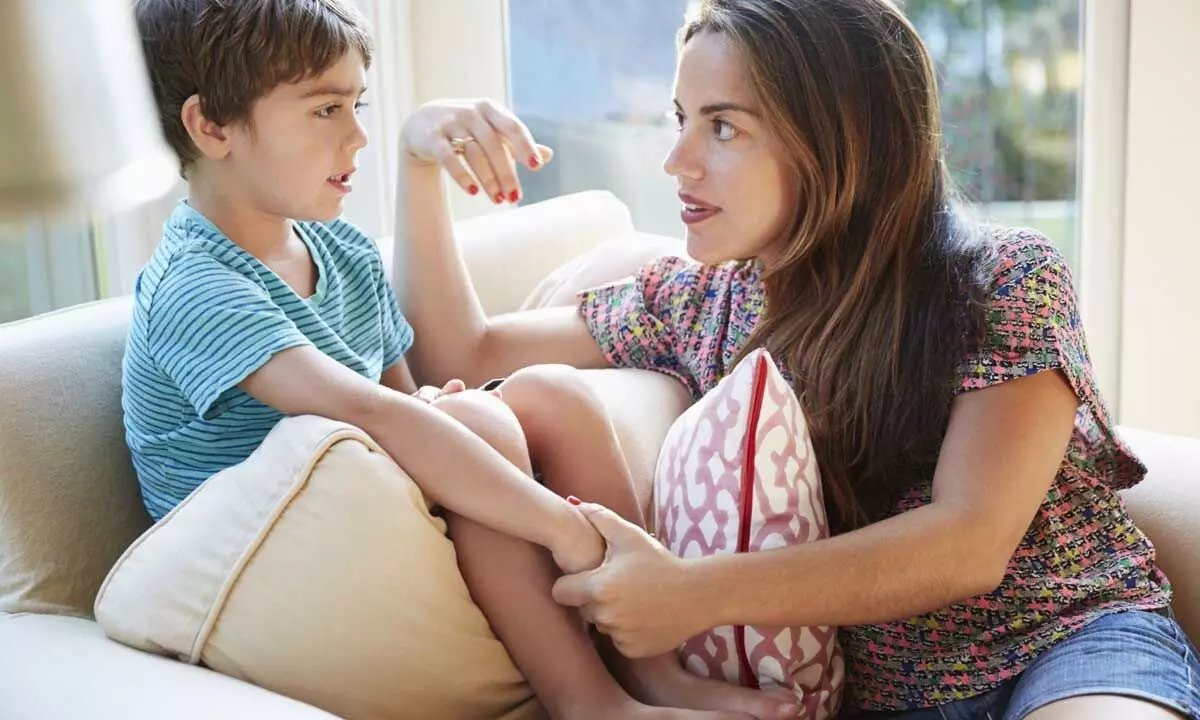
Talking through difficult conversations
Every parent or guardian must have a dialogue with their children at some point in their lives to address their complex problems.
Every parent or guardian must have a dialogue with their children at some point in their lives to address their complex problems. Talks about subjects, including racism, grief, loss, sex, divorce, and other struggles, for which we occasionally lack the necessary solutions.
If you've ever felt numb or blank when dealing with your children's inquisitive minds, Sudarshan Vig, Co-founder and CEO, Merlinwand, assists you to navigate this situation with ease.
What inspired you to start online publishing personalised books for kids?
I, along with my co-founders, happen to be parents of growing kids. We realised that over the last few years, the dependence of kids on devices has greatly increased and that only exploded during the pandemic.
This led to a decline in reading habits, which is foundational in the development of skills like free-wheeling imagination, creativity, and attention span. In order to bring back the reading habits in kids, we started Merlinwand.
The idea is multi-pronged: To make sure they go back to reading in spite of competing content like videos, video games, etc, we made sure the books are personalised where the hero character and one's friends can be personalised in our books. This way the kids can be part of the story and thereby enjoy it more.
We also chose to create our own content, very imaginative standalone stories which speak about contemporary topics and issues in a fun and relatable way. Our mission is to turn every kid into their own hero in stories which are dealing with contemporary and sometimes, serious issues.
Good touch and bad touch. Make children understand the difference between the two?
One good thing which has happened recently in our curricula is that even schools teach about good-touch and bad-touch. We should continue this practice and we should bring more and more schools into this approach. This should ideally be part of the education policy.
Other than that, we also need to maintain such a relationship with our kids that they do not fear opening up to you about anything that happens in their lives, whether good or bad. We need to be empathetic to them and accept their vulnerabilities. We should always create an atmosphere where they can voice their discomfort freely and openly, so any issue like good touch and bad touch can be discussed in the same environment.
Talk to your kids about racism. Start the important conversation during the early years
This is a tricky topic to deal with considering that a significant number of folks do practice some kind of divisive "ism," whether it's racism or communalism or classism or casteism or ageism, or any other. Many times, we do practice the same without even realising it.
Again, the onus is always to educate and practice equality and freedom as far as possible. Also, give the freedom to kids to ask questions, to raise any question against something we did which goes against what we preach. Believe me, that works wonders for us to know ourselves.
Another factor is that even if we talk and speak to our kids about these divisive practices, they will definitely witness the rampant usage of such evils around them. Encourage them to have discussions with kids their age practicing such evils. Also highly emphasise the value of debate and discussion over aggression.
One possibility is that the kid may be at the receiving end of such divisions. We need to make sure they have high self-esteem and the onus is on us, as parents, to resolve the issues in the right forum.
Tips for talking to your kids about divorce
One of the biggest thoughts most parents have are, how will kids react to the news of something like a divorce? Now, to be honest, kids are way more mature today than ever before and they are way smarter than we give them credit for. Unless we are talking about toddlers, most kids already would be aware of conditions at home that may possibly lead to divorce.
If the divorce and conditions around it are mutually agreed upon, it's easier to have the kid sit down and ask if one has questions and if the kid needs something, in particular, to be decided or talked about. In fact, the conditions surrounding a divorce should be taken by taking a kid into confidence and both parties need to give due respect to the kid's opinions as well.
If it is an acrimonious divorce, the best bet is to try as much as possible to have a third party assess the situation and possibly a therapist who can help the kid deal with it. Taking help from professionals is part of our evolution of ours as well as our kids' well-being.
How should parents make kids aware of child abuse?
Despite strict laws against child abuse in India, many are still victims of the crime. Child abuse can be mental or physical abuse. Psychologists state that if your child is not eating properly, has problems sleeping, and gets irritated or panics easily, these are signs that your child is facing mental or physical abuse. Sometimes parents tend to blame their kids when they share incidents like these. It's not at all healthy and steps like these can have a serious effect on a kid's mental health. When children are taught they are special and have the right to be safe, they are less likely to think abuse is their fault, and more likely to report an offender.
How to talk to your children about conflict or war
War is a difficult topic to talk about. The conditions leading to war are so complex geographically and politically that it is always difficult to justify the mass killing on either side to impressionable kids.
However, we can always talk about certain topics. While it is great to celebrate victories in wars, we should never glorify it to a huge extent. In spite of ourselves, we should maintain a pacifist narrative and talk more about the reasons behind any war in the past, than the war itself. If we do talk about war, it makes sense to bring out the violence of it all and how everything needs to be done to avoid violence at any cost. A good way is to personalise stories and talk about how it would affect them personally if we were part of a war.


